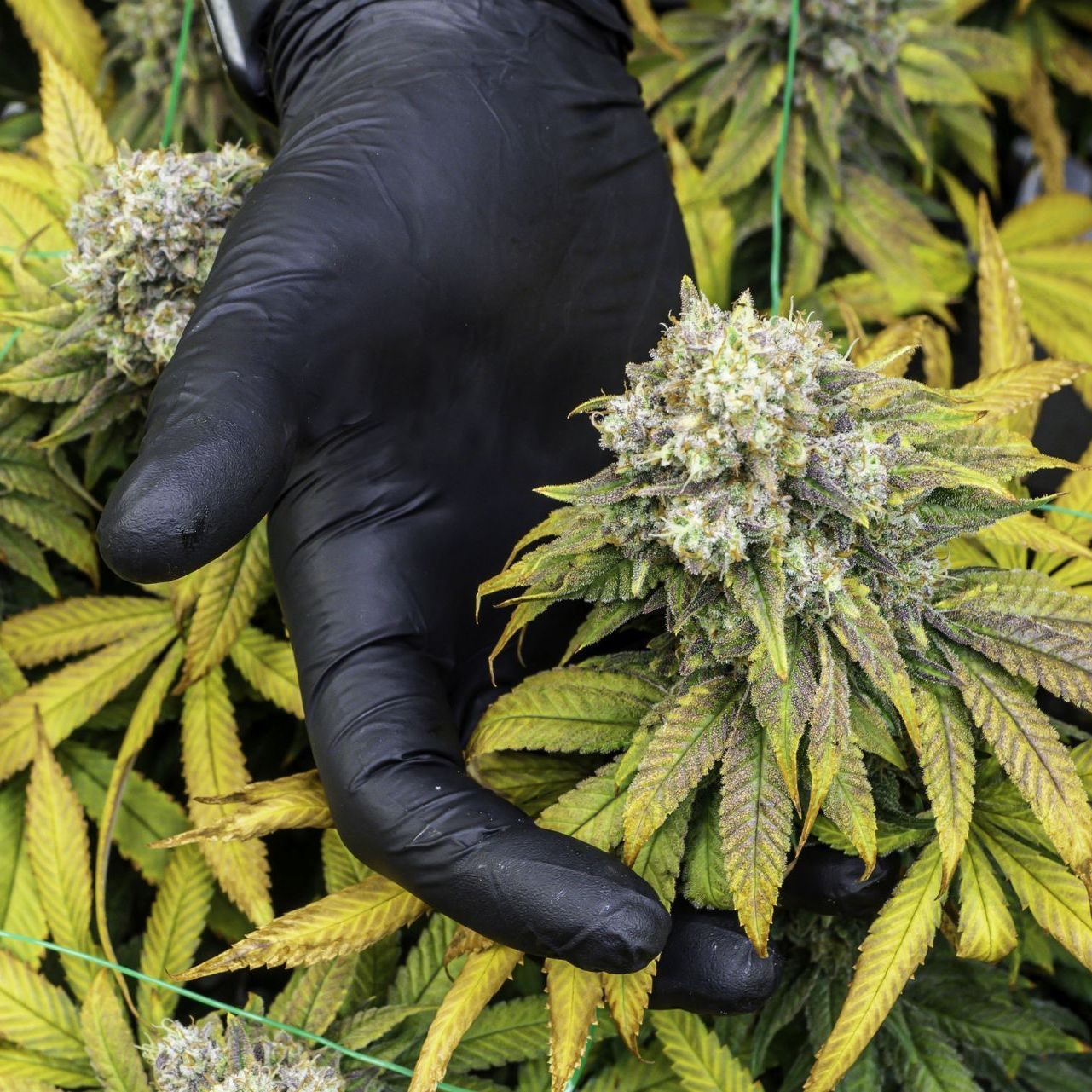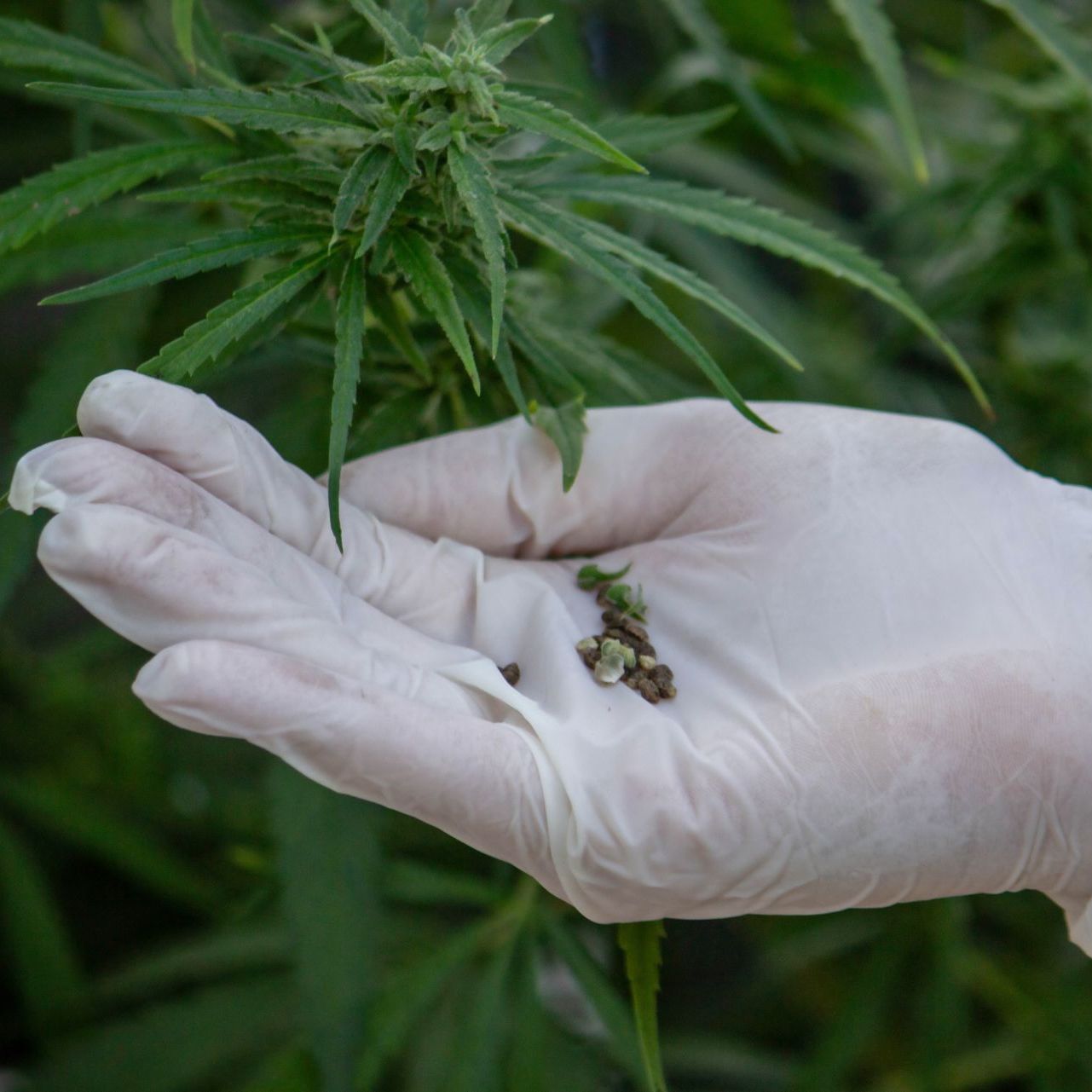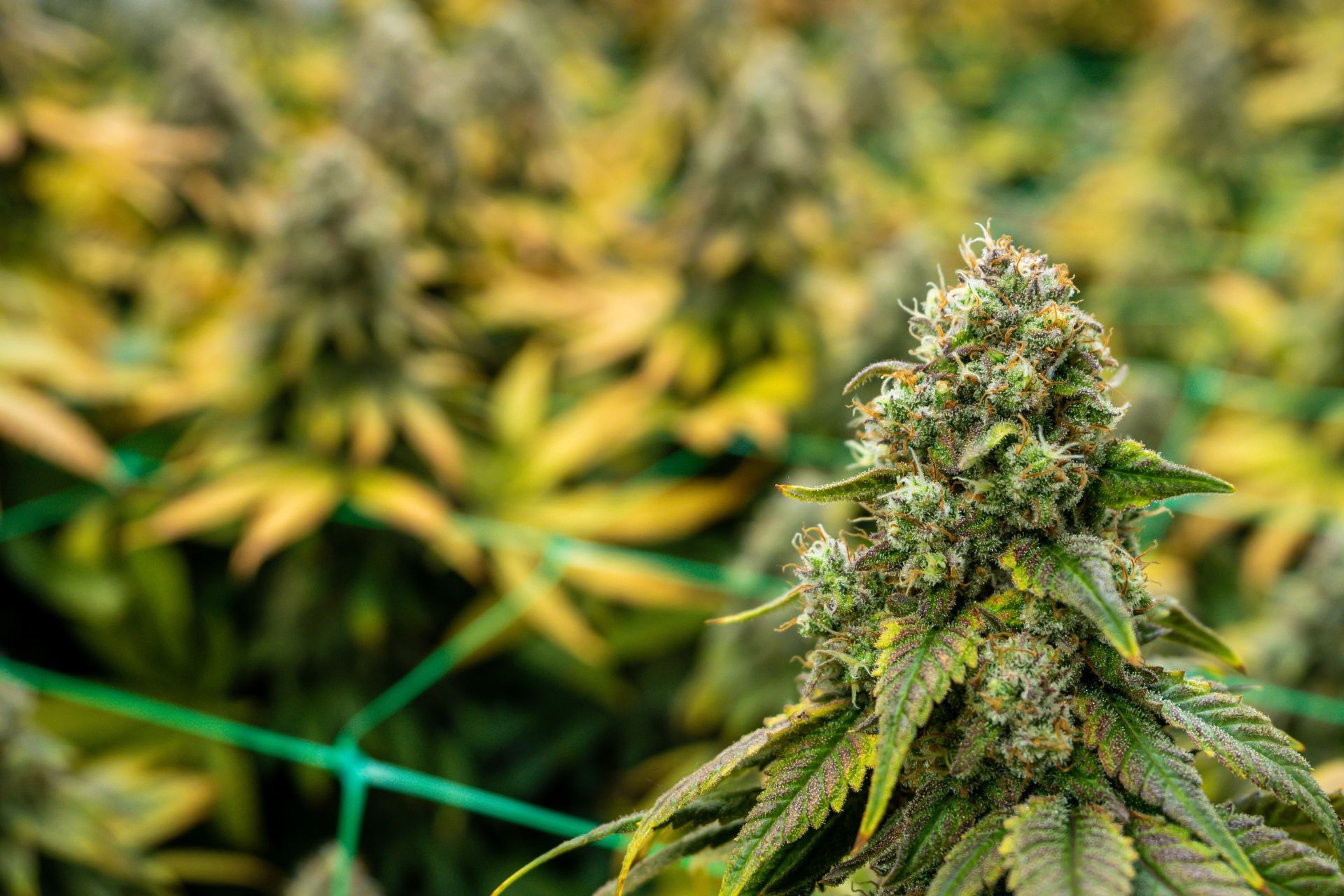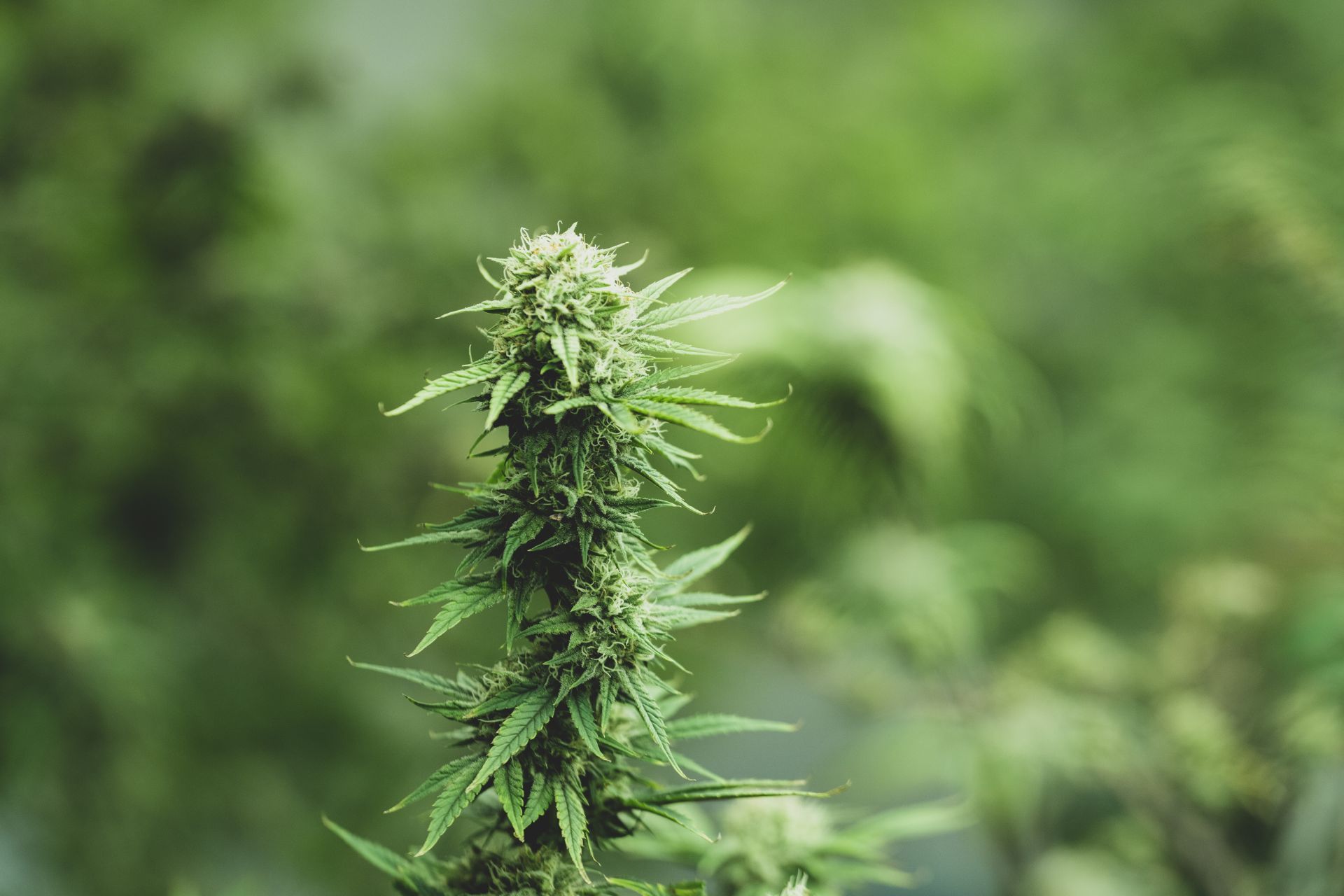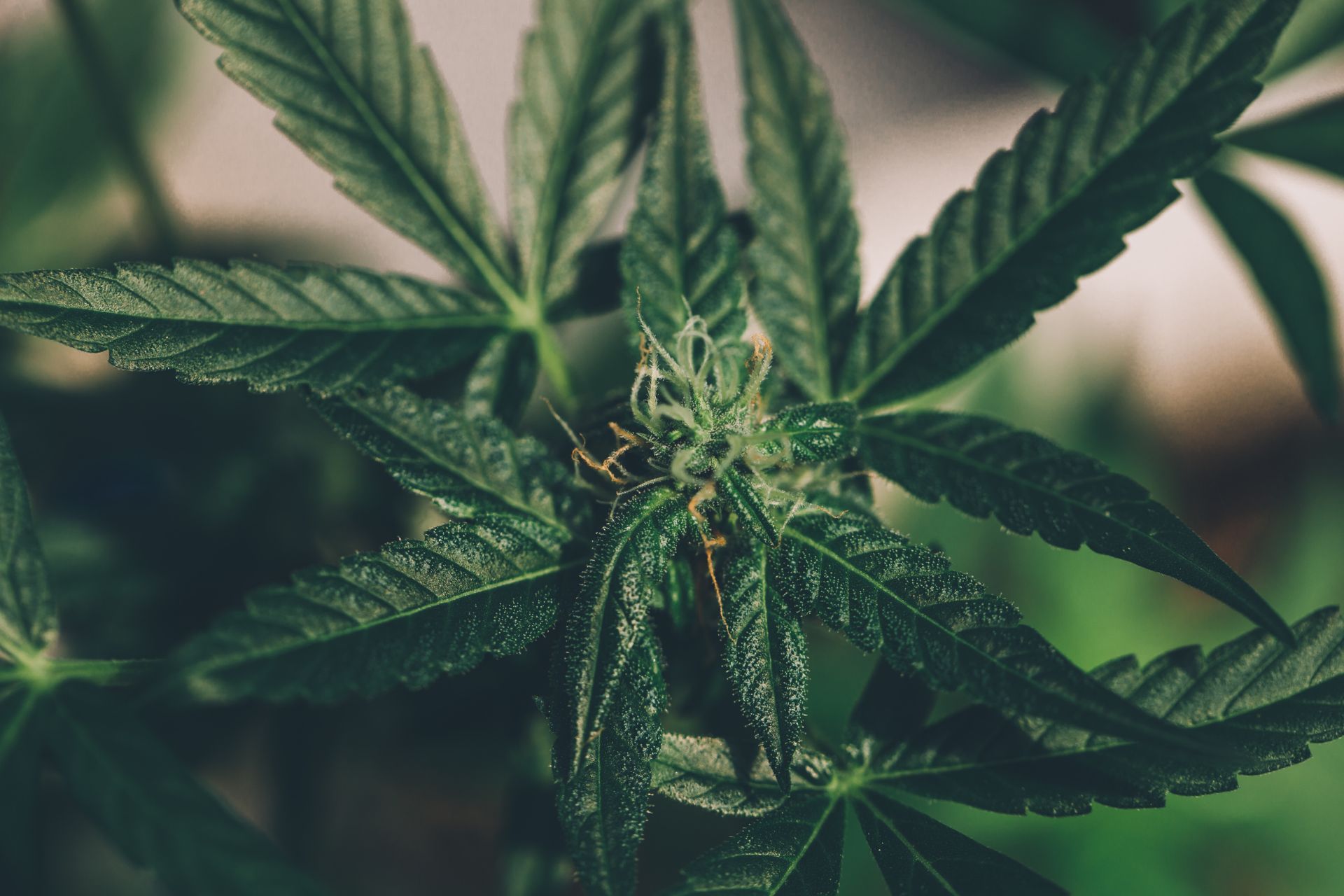Arkansas' medical marijuana market has grown into a billion-dollar industry since the first dispensary opened in 2019. With sales reaching a record $283 million in 2023 and continuing to climb, dispensary owners face unique risks that require specialized insurance coverage. Understanding what insurance options are available and how costs are determined is essential for anyone operating or planning to open a dispensary in Arkansas.
Medical marijuana sales in Arkansas are not just a passing trend. Daily sales average around $800,000, and the number of active patient cards increased by nearly 13% in early 2025 alone. This growth brings both opportunity and responsibility, especially when it comes to protecting your business from liability, property loss, and regulatory challenges. This guide breaks down the key insurance coverages dispensaries need, factors affecting insurance costs, and practical tips for managing risk.
Why Specialized Insurance Matters for Arkansas Dispensaries
Dispensaries operate in a highly regulated and rapidly evolving market. Unlike traditional retail businesses, marijuana dispensaries face unique risks including compliance with state laws, product liability, and cash-heavy operations. General business insurance policies often exclude coverage for cannabis-related activities, making specialized dispensary insurance a must-have.
Arkansas dispensaries have seen steady sales growth despite some fluctuations in pricing and volume. For example, while dispensaries sold 21.5% more pounds of medical cannabis in 2024 compared to the previous year, total revenue dipped slightly due to falling prices. This dynamic market environment means insurance providers must tailor policies to address both operational risks and financial volatility.
Given the complex legal landscape, dispensaries need coverage that protects against product liability, property damage, theft, and regulatory fines. Without this, a single lawsuit or compliance issue could jeopardize the entire business. Furthermore, as the industry matures, dispensaries are increasingly subject to stringent regulations that require them to maintain meticulous records and adhere to safety protocols. This adds another layer of risk, as any failure to comply can result in hefty fines or even license revocation. Therefore, having specialized insurance not only safeguards against these potential pitfalls but also provides peace of mind, allowing dispensary owners to focus on their core business operations.
Moreover, the rise of digital transactions in the cannabis industry introduces additional complexities. With more consumers opting for online orders and delivery services, dispensaries must navigate the risks associated with cyber threats and data breaches. Specialized insurance can offer coverage for
cyber liability, ensuring that dispensaries are protected against the financial repercussions of a data breach, which could compromise customer information and lead to significant reputational damage. As the market continues to evolve, staying ahead of these risks with the right insurance coverage is essential for the long-term success and sustainability of Arkansas dispensaries.

Article By: Deb Sculli
Cannabis Insurance Specialist
TruePath Insurance is fully licensed and authorized to provide comprehensive insurance solutions across multiple states.
We proudly serve individuals and businesses nationwide, offering access to trusted regional and national carriers. Our goal is to help clients find reliable, affordable coverage that aligns with their goals—whether for personal protection, business stability, or long-term financial security.
Key Insurance Coverages for Arkansas Dispensaries
General Liability Insurance
This coverage protects dispensaries from claims related to bodily injury or property damage caused by business operations. For instance, if a customer slips and falls inside the dispensary, general liability insurance covers medical expenses and legal fees. It also protects against advertising injury claims. Moreover, it can extend to incidents that occur off-site, such as promotional events or community outreach programs, ensuring that dispensaries maintain a positive public image while protecting their financial interests.
Product Liability Insurance
Given the nature of cannabis products, product liability insurance is critical. It covers claims arising from adverse effects or contamination of medical marijuana sold to patients. Arkansas dispensaries must ensure this coverage is robust, especially as the industry grows. With sales surpassing $1 billion since 2019, the stakes for product safety and accountability are higher than ever. Additionally, as consumer awareness increases, dispensaries must be prepared to address potential claims related to mislabeling or inadequate warnings about product effects, making this coverage not just a safety net but a vital component of responsible business practices.
Property Insurance
Dispensaries often invest heavily in inventory, equipment, and storefronts. Property insurance covers damage or loss caused by fire, theft, vandalism, or natural disasters. Since dispensaries handle large amounts of cash and valuable products, this coverage is essential to safeguard physical assets. Furthermore, many dispensaries also incorporate specialized security systems and surveillance technology to deter theft and vandalism, which can lead to lower premiums if documented properly. Understanding the nuances of property insurance can help dispensaries tailor their policies to better meet their specific risks and needs.
Crop Insurance
For vertically integrated businesses that cultivate cannabis, crop insurance protects against loss due to pests, weather, or disease. This type of coverage is specialized and may require working with insurers familiar with agricultural risks in the cannabis industry. Additionally, crop insurance can also cover losses from regulatory changes that may impact cultivation practices or market access, providing a safety net in an industry that is still evolving. As the cultivation techniques and strains diversify, dispensaries must stay informed about the best practices to mitigate risks while ensuring compliance with state regulations.
Workers’ Compensation Insurance
Arkansas law requires dispensaries with employees to carry workers’ compensation insurance. This coverage helps cover medical expenses and lost wages if an employee is injured on the job. Given the physical nature of some dispensary roles, this insurance is vital for compliance and employee protection. Moreover, dispensaries should consider implementing safety training programs and ergonomic assessments to minimize workplace injuries, which can lead to lower insurance premiums and a healthier work environment. By fostering a culture of safety, dispensaries can enhance employee morale and productivity while reducing the likelihood of claims.
Commercial Auto Insurance
Dispensaries that deliver products or transport goods need commercial auto insurance. This covers vehicles used for business purposes against accidents, theft, or damage. Additionally, dispensaries should evaluate their delivery methods and routes to ensure they are optimizing efficiency and safety. As the demand for cannabis products continues to rise, having a reliable transportation plan becomes essential. Moreover, dispensaries may also explore options for non-owned vehicle coverage if employees use their personal vehicles for business purposes, ensuring comprehensive protection across all transportation scenarios.

Factors Influencing Dispensary Insurance Costs in Arkansas
Insurance premiums for dispensaries vary widely based on several factors. Understanding these can help business owners make informed decisions and manage costs effectively.
Location and Property Details
Insurance costs depend heavily on the dispensary’s location. Urban areas with higher crime rates or natural disaster risks may face higher premiums. The size and condition of the property, security measures in place, and proximity to other cannabis businesses also affect rates. For instance, dispensaries located in densely populated cities may need to invest in advanced security systems, such as surveillance cameras and alarm systems, to mitigate risks associated with theft or vandalism. Additionally, the local environment plays a crucial role; areas prone to flooding or tornadoes might require specialized coverage, further driving up costs.
Sales Volume and Inventory Value
Higher sales volumes and larger inventory values increase exposure to loss, influencing premium costs. Arkansas dispensaries saw $275.9 million in sales in 2024, a slight decrease from 2023, but volume remained strong with over 62,000 pounds sold. Insurers consider these figures when pricing policies. Moreover, the nature of the products sold—whether they are high-value items or more common cannabis products—can also affect risk assessments. Dispensaries that carry a diverse range of products, including edibles and concentrates, may face different insurance needs compared to those focusing solely on flower sales, as the latter may have lower associated risks.
Claims History and Risk Management
A dispensary’s past claims can impact premiums. Businesses with a clean record and strong risk management practices—such as employee training, security systems, and compliance programs—often receive better rates. Implementing comprehensive employee training programs not only helps in minimizing accidents but also reinforces a culture of safety and responsibility. Additionally, regular risk assessments can aid dispensaries in identifying potential vulnerabilities, allowing them to proactively address issues before they result in claims, thus further enhancing their insurability.
Coverage Limits and Deductibles
Choosing higher coverage limits or lower deductibles will increase premiums. Dispensaries must balance adequate protection with affordability. For example, product liability limits should reflect potential risks given the size and scope of operations. It’s essential for dispensary owners to carefully evaluate their specific needs and consult with insurance professionals to tailor their policies accordingly. This could involve considering factors such as the potential for product recalls or the implications of customer injuries on-site, which may necessitate higher liability coverage.
Regulatory Compliance
Compliance with Arkansas medical marijuana laws is crucial. Non-compliance can lead to fines or license suspensions, which may void insurance coverage. Insurers may also charge more for businesses with compliance issues or unclear licensing. Staying updated on evolving regulations is essential for dispensaries, as changes in the law can directly impact insurance requirements. Engaging with legal experts or industry associations can provide valuable insights into best practices for compliance, ensuring that dispensaries not only meet legal standards but also enhance their reputation within the community, which can indirectly influence their insurance costs.
Managing Risks Beyond Insurance
Insurance is one part of a broader risk management strategy. Arkansas dispensaries can take several steps to reduce risks and improve their insurance profile.
Implement Strong Security Measures
Given the cash-intensive nature of dispensaries, robust security is a must. This includes surveillance cameras, alarm systems, secure cash handling procedures, and controlled access to inventory. These measures not only deter theft but also lower insurance premiums. Additionally, dispensaries can consider employing security personnel during peak hours to further enhance safety. The presence of trained security staff can provide peace of mind to both employees and customers, creating a more secure shopping environment.
Maintain Rigorous Compliance
Staying up to date with Arkansas Department of Finance and Administration regulations helps avoid costly penalties. Regular audits and employee training ensure adherence to evolving laws. Furthermore, dispensaries should establish a compliance officer role dedicated to monitoring changes in legislation and implementing necessary adjustments. This proactive approach not only safeguards the business from legal repercussions but also builds trust with customers who value transparency and accountability in their purchasing decisions.
Focus on Product Quality and Safety
Ensuring products meet safety standards reduces the risk of liability claims. Arkansas dispensaries should work closely with licensed growers and labs to verify product quality. Implementing a traceability system can further enhance product safety, allowing dispensaries to track the journey of each product from seed to sale. This level of transparency not only reassures customers about the quality and safety of their purchases but can also be a significant marketing advantage in a competitive market.
Employee Training and Safety Programs
Training staff on proper handling, customer service, and workplace safety minimizes accidents and claims. Workers’ compensation costs can be kept in check with a proactive safety culture. Regular safety drills and workshops can reinforce best practices and ensure that employees are well-prepared to handle emergencies. Moreover, fostering an environment where employees feel comfortable reporting safety concerns can lead to continuous improvements in workplace safety, ultimately benefiting both staff and customers alike.

Cost Expectations and Budgeting Tips
Insurance costs for Arkansas dispensaries can range widely depending on coverage needs and risk factors. General liability insurance might start around a few thousand dollars annually, while product liability and property insurance can add significantly to the total premium. The unique nature of the cannabis industry means that insurers often consider various factors, including the type of products sold, the security measures in place, and the overall compliance with state regulations. This variability can lead to a complex landscape of insurance options that dispensary owners must navigate.
Dispensaries with higher sales volumes or multiple locations should expect higher premiums. For example, with daily sales averaging $800,000 and total sales reaching $193 million by September 2025, larger operations face greater exposure and corresponding insurance costs. Additionally, factors such as the location of the dispensary, local crime rates, and the history of claims can further influence the cost. As a result, dispensary owners must be diligent in assessing their specific risks to ensure they are adequately covered without overpaying for unnecessary policies.
Budgeting for insurance should be part of the overall business plan. It is wise to shop around and work with brokers experienced in cannabis insurance to find competitive rates and tailored coverage. Furthermore, dispensary owners should consider setting aside a contingency fund specifically for insurance-related expenses, as premiums can fluctuate based on market conditions and regulatory changes. Staying informed about industry trends and potential shifts in legislation can also help owners anticipate changes in their insurance needs, allowing for more strategic financial planning.
Moreover, engaging in risk management practices can help reduce insurance costs over time. Implementing robust security systems, conducting regular staff training on compliance and safety protocols, and maintaining accurate records can demonstrate to insurers that a dispensary is a lower risk, potentially leading to discounts on premiums. Additionally, establishing strong relationships with local law enforcement and community organizations can enhance a dispensary's reputation and contribute to a safer operational environment, further mitigating risks and insurance costs.
What Arkansas Dispensary Owners Should Know
Insurance is not optional for dispensaries-it is a critical safeguard. With the Arkansas medical marijuana industry continuing to expand and evolve, having the right coverage protects your investment and reputation.
Arkansas dispensaries should regularly review their insurance policies to ensure they keep pace with business growth and regulatory changes. Partnering with knowledgeable insurance providers can help navigate this complex landscape.
For dispensaries aiming to thrive in Arkansas’ competitive market, insurance is a foundational piece of a sustainable, compliant business model.
Frequently Asked Questions
Q: Is general business insurance enough for an Arkansas dispensary?
A: No. Most general policies exclude cannabis-related activities. Specialized dispensary insurance is necessary to cover unique risks.
Q: How much does dispensary insurance typically cost in Arkansas?
A: Costs vary widely but expect several thousand dollars annually for basic coverage. Larger operations with higher sales will pay more.
Q: Does Arkansas require workers’ compensation insurance for dispensaries?
A: Yes. If you have employees, workers’ compensation insurance is mandatory under state law.
Q: Can insurance cover regulatory fines or license suspensions?
A: Most policies exclude coverage for fines or penalties. Compliance is crucial to avoid these risks.
Q: How can dispensaries reduce their insurance premiums?
A: Implement strong security, maintain compliance, train employees, and manage risks proactively to improve your insurance profile.
Q: Are crop insurance policies available for cannabis cultivators in Arkansas?
A: Yes, but these are specialized policies that require insurers familiar with cannabis agriculture risks.
Q: Where can dispensary owners find reliable insurance providers?
A: Working with brokers who specialize in cannabis insurance is the best way to find tailored coverage and competitive rates.
For more on Arkansas medical marijuana sales trends and industry growth, see the detailed reports from
Talk Business & Politics and
KAIT8.
About The Author: Deb Sculli
I’m Deb, a Cannabis Insurance Specialist focused on helping dispensaries, cultivators, and cannabis-related businesses find the right protection. With a strong understanding of the industry’s regulations and risks, I work hard to simplify the insurance process—so my clients stay compliant and confidently safeguard their operations and investments.
Contact Us
WHO WE HELP
Serving the Cannabis Supply Chain
We cover licensed operators at every stage.
OUR BLOGS
Resources for Cannabis Business Owners
Stay informed and protected with our latest posts.
COMMON QUESTIONS
Cannabis Insurance Made Clear
Answers to the questions we hear most from cannabis business owners.
What types of insurance do you offer for cannabis businesses?
We offer commercial property, general liability, product liability, crop insurance, workers’ compensation, and cyber liability tailored to cannabis operations. These policies address the most common risks, such as crop loss, product claims, and facility damage.
Our agents will help you match the right coverage to your business type and scale, whether you're a dispensary, grower, processor, or distributor.
Why is specialized cannabis insurance necessary?
Standard business policies often exclude cannabis-related activities, which leaves significant exposure gaps. Cannabis-specific insurance covers unique industry risks like product recalls, crop theft, and regulatory compliance.
Having the right policy also satisfies licensing, leasing, and vendor requirements, allowing your business to operate legally and securely.
How does your agency ensure compliance with state regulations?
Many states require proof of specific insurance types before issuing or renewing cannabis licenses. We stay up-to-date on regulatory changes and ensure your policies meet state and local mandates.
That means you avoid surprises during audits or inspections and maintain good standing with licensing authorities.
How fast can I get a quote and bind coverage?
Request a quote and you’ll typically receive a custom proposal within 24 hours. Once you review and accept it, coverage can often be bound the same day, so your business isn’t left exposed.
We streamline documentation and communication to make setup fast and clear—no confusing forms or delays.
Do you support multi-state cannabis businesses?
Yes. We are licensed to operate in 36 states, including major cannabis markets. Whether you’re operating in one state or across several, we can design policies that address your regulatory and risk needs.
As you expand, our team adjusts your coverage accordingly—keeping your protection consistent across state lines.
What should I consider when selecting cannabis insurance?
Begin by identifying your key exposures—crop value, product inventory, employee safety, or cyber data. From there, choose coverage that aligns with these risks instead of opting for a basic or low-cost solution.
Also, look for a provider with cannabis expertise and responsive claims support—this experience helps during actual loss events.
Contact Us
Phone
Address


